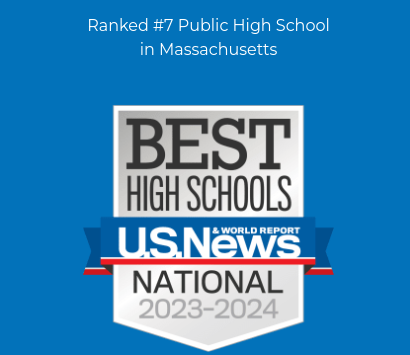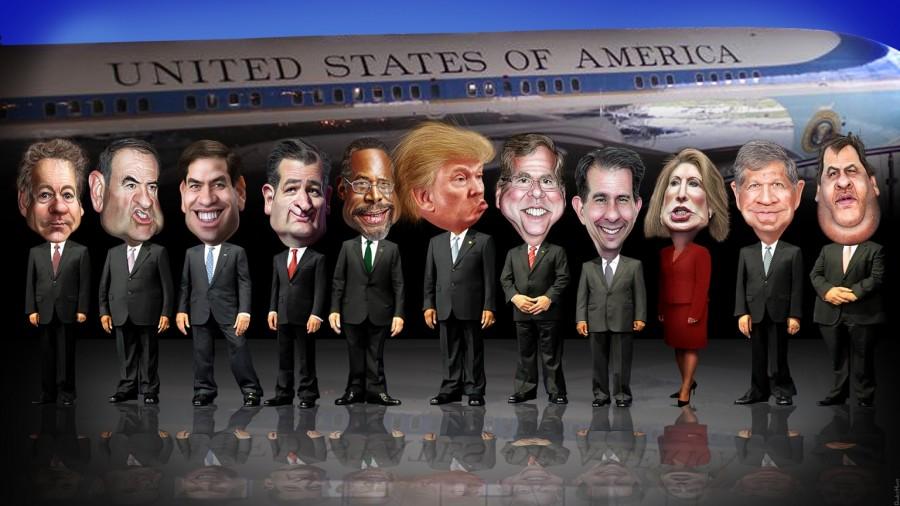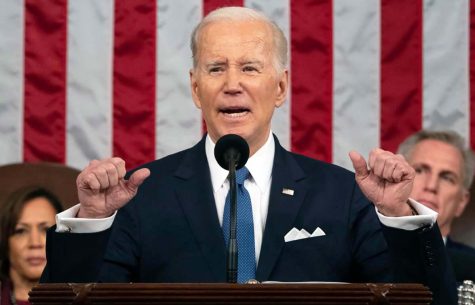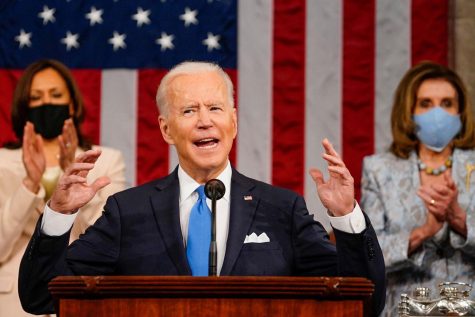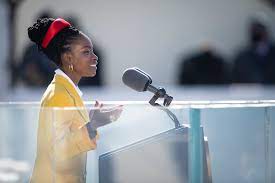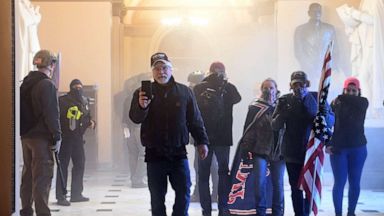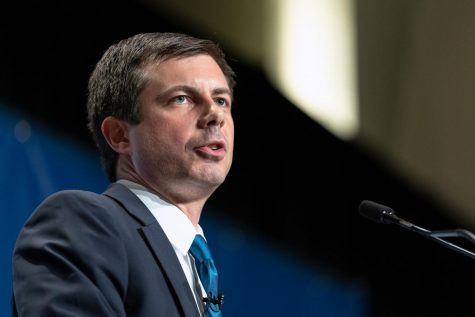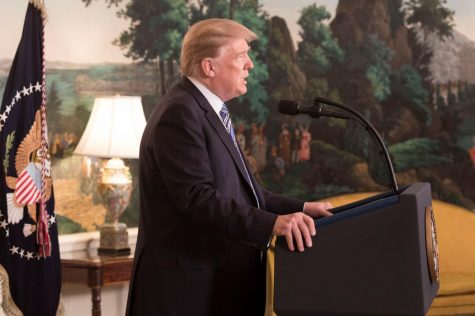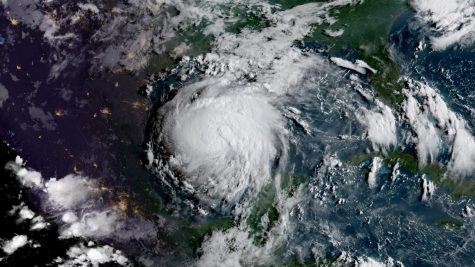If history is a marker, it’s a field of four
Trump, Cruz, Sanders, and Clinton head presidential pack
More in Analysis
Google image/Creative Commons license
Donald Trump and Ted Cruz are far ahead of the narrowing Republican presidential field.
After months of build-up, the Iowa caucuses (Feb. 1) and the New Hampshire primary (Feb. 9) are just around the corner, officially commencing the process of determining the next president of the United States.
Republican candidates now have just one more chance to debate issues before voters begin to formally make a choice. Democratic candidates debate Sunday in South Carolina.
Since 1976, no Democratic or Republican candidate won their party’s nomination without winning at least one of the two states, with the exception of former President Bill Clinton in 1992.
Oftentimes, presidential hopefuls look to these two states as make-or-break opportunities for their campaigns. They have set the tone for the remainder of the primary season, and have proven candidates’ electability, over the past 40 years.
Analysis of recent polling data paints an interesting picture of the upcoming election.
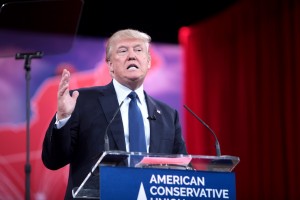
Donald Trump leads the Republican field in most national polls.
On the Republican side, businessman Donald Trump and Sen. Ted Cruz of Texas have sizeable leads in the polls. Real Clear Politics documents major polls across the United States, and has compiled a database of the most recent polls in New Hampshire and Iowa.
In New Hampshire, Mr. Trump, with an average of 30.2 percent support, has a lead of 17 points over Sen. Marco Rubio of Florida, with Sen. Cruz well behind at 10.8 percent. These margins, even allowing for error, suggest that Mr. Trump should win in landslide fashion.
In Iowa, however, Mr. Trump and Sen. Cruz are statistically tied at 27 percent support, with Sen. Rubio next at 12 percent. It appears that Mr. Trump will win one if not both of the first two nominating contests, putting him in prime position—historically—for the nomination.
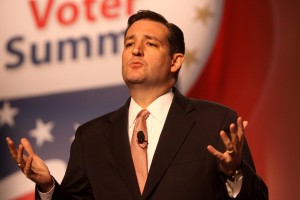
Ted Cruz has caught up to Donald Trump in Iowa.
As Mr. Trump’s star refuses to fade—defying a bevy of predictions that it was inevitable—many on the GOP side are panicking at the prospect of his nomination, with CNN’s Sean Kennedy going so far as to write that “Trump must be destroyed.”
On the Democratic front, Sen. Bernie Sanders of Vermont, also defying predictions that he would fall victim to former Secretary of State Hillary Clinton’s “inevitable” momentum, held a 6-point average lead in New Hampshire polls entering the week.
In Iowa, Sen. Sanders has significantly narrowed the gap—he and Mrs. Clinton are in a statistical tie.
Taken together, the polling data and historical trends suggest that the next president is going to be one of four people: Mrs. Clinton, Sen. Sanders, Mr. Trump, or Sen. Cruz.
That is, unless there is a major upset—which has happened before.
In 2004, Democratic candidate Howard Dean had a strong lead in the polls until an embarrassing gaffe during a concession speech after losing the Iowa caucuses. Video of the incident, showing Mr. Dean letting out a kind of barbaric yell, was replayed on comedy networks and on the news.
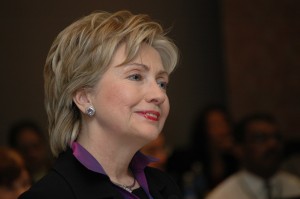
Hillary Clinton leads in Iowa, but trails in New Hampshire.
His poll numbers went in the tank, then-Sen. John Kerry of Massachusetts built a head of steam, and Mr. Dean ended up dropping out of the race.
This year’s election is still very much undecided.
But what if the next president is one of these four candidates? What does this suggest about the changing political environment in America?
Mr. Trump and Sen. Cruz have largely been regarded as radical candidates in the conservative pool. Their ideas about the American economy, culture, and international policy have been more extreme than historical establishment candidates.
Mr. Trump has offered little in the way of detailed policy other than a stated desire to deport all illegal immigrants and temporarily ban Muslims from entering the country. When asked in November how he would deal with the Islamic State, Mr. Trump told CNN that he would “bomb the [expletive] out of ’em.”
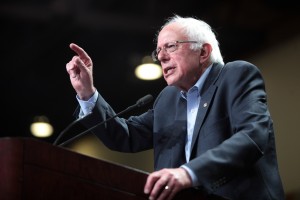
Bernie Sanders is building momentum, particularly among younger voters.
Sen. Sanders has been regarded as the radical on the left. As a self-described democratic socialist, he has advocated for a plethora of government-subsidized programs, and has made promises of economic prosperity for all that have garnered a lot of skepticism.
Mrs. Clinton appears to be the only moderate in the mix, a claim that would be disputed by most on the right who view her as much too liberal.
This begs the question: Is American society moving toward more extremes in politics? Is society becoming “Balkanized” over radical conservatism and radical liberalism?
Although at this stage in the election there is no telling who might emerge the victor, the fact that three of the four likely presidential candidates, at least according to polls, are considered radical is telling about the American mindset.
America has struggled to overcome the “Great Recession” over the past eight years and is battling historic levels of income inequality. History suggests that economic turmoil makes a society more accepting of radical beliefs and politics.
How this all plays out beyond the campaign trail and in actual voting booths will begin to be decided in the coming weeks.
The real race begins now.
Correction: This story has been edited to reflect Sunday’s Democratic debate in South Carolina.
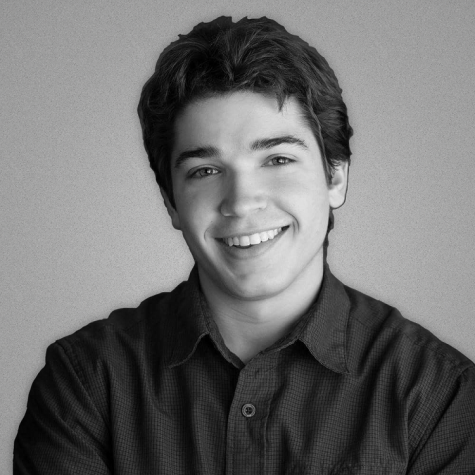
Raphael is a senior fascinated by innovations across many different fields of studies. He enjoys using computer technology to enhance the language of storytelling...

